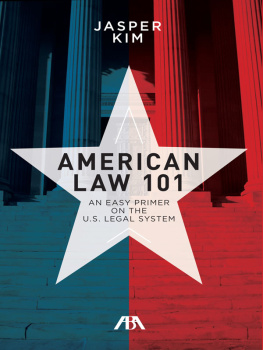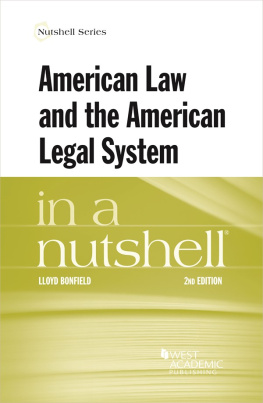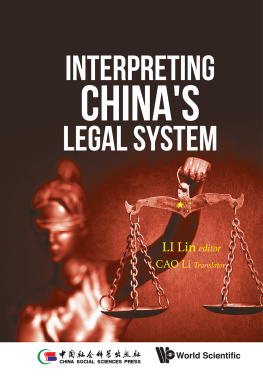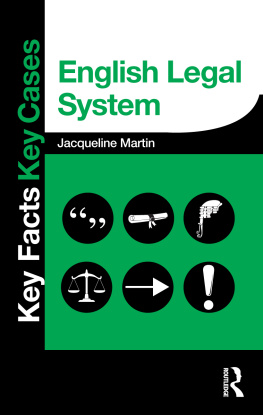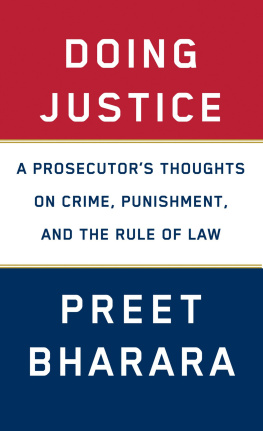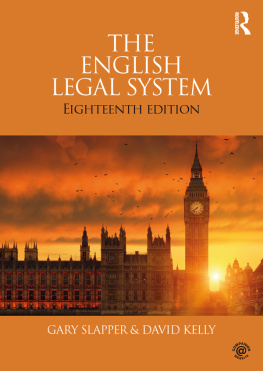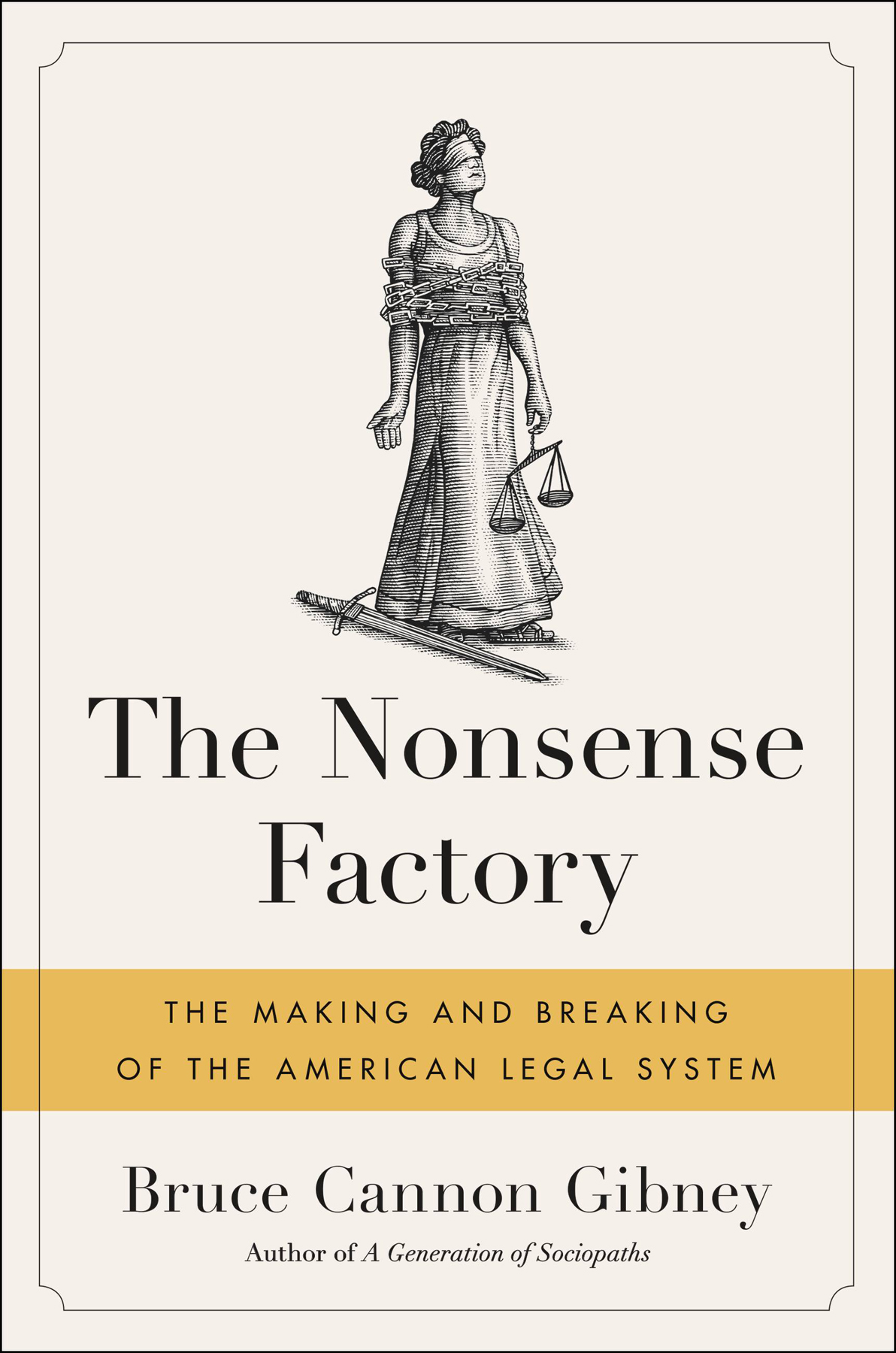Bruce Cannon Gibney - The Nonsense Factory: The Making and Breaking of the American Legal System
Here you can read online Bruce Cannon Gibney - The Nonsense Factory: The Making and Breaking of the American Legal System full text of the book (entire story) in english for free. Download pdf and epub, get meaning, cover and reviews about this ebook. year: 2019, publisher: Hachette Books, genre: Romance novel. Description of the work, (preface) as well as reviews are available. Best literature library LitArk.com created for fans of good reading and offers a wide selection of genres:
Romance novel
Science fiction
Adventure
Detective
Science
History
Home and family
Prose
Art
Politics
Computer
Non-fiction
Religion
Business
Children
Humor
Choose a favorite category and find really read worthwhile books. Enjoy immersion in the world of imagination, feel the emotions of the characters or learn something new for yourself, make an fascinating discovery.

- Book:The Nonsense Factory: The Making and Breaking of the American Legal System
- Author:
- Publisher:Hachette Books
- Genre:
- Year:2019
- Rating:3 / 5
- Favourites:Add to favourites
- Your mark:
The Nonsense Factory: The Making and Breaking of the American Legal System: summary, description and annotation
We offer to read an annotation, description, summary or preface (depends on what the author of the book "The Nonsense Factory: The Making and Breaking of the American Legal System" wrote himself). If you haven't found the necessary information about the book — write in the comments, we will try to find it.
Our trial courts conduct hardly any trials, our correctional systems do not correct, and the rise of mandated arbitration has ushered in a shadowy system of privatized justice. Meanwhile, our legislators cant even follow their own rules for making rules, while the rule of law mutates into a perpetual state of emergency. The legal system is becoming an incomprehensible farce.
How did this happen? InThe Nonsense Factory, Bruce Cannon Gibney shows that over the past seventy years, the legal system has dangerously confused quantity with quality and might with legitimacy. As the law bloats into chaos, it staggers on only by excusing itself from the very commands it insists that we obey, leaving Americans at the mercy of arbitrary power. By examining the system as a whole, Gibney shows that the tragedies often portrayed as isolated mistakes or the work of bad actors-police misconduct, prosecutorial overreach, and the outrages of imperial presidencies-are really the inevitable consequences of laws descent into lawlessness.
The first book to deliver a lucid, comprehensive overview of the entire legal system, from the grandeur of Constitutional theory to the squalid workings of Congress,The Nonsense Factoryprovides a deeply researched and witty examination of Americas state of legal absurdity, concluding with sensible options for reform.
Bruce Cannon Gibney: author's other books
Who wrote The Nonsense Factory: The Making and Breaking of the American Legal System? Find out the surname, the name of the author of the book and a list of all author's works by series.

